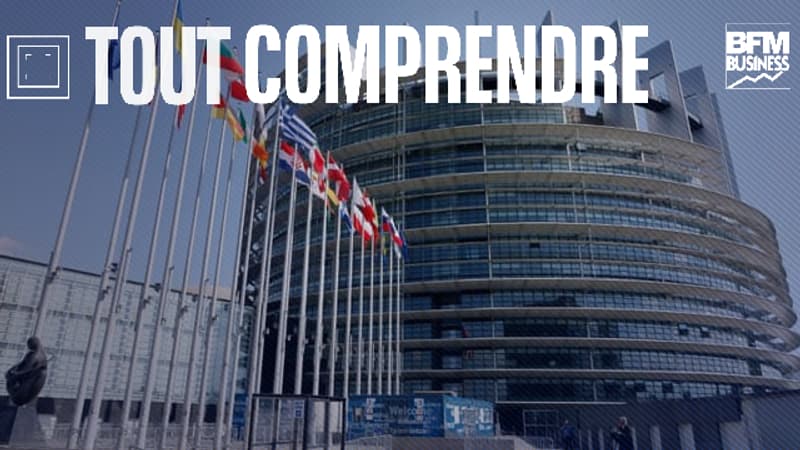Five US digital giants (Alphabet, Amazon, Apple, Meta and Microsoft), as well as China’s ByteDance, which owns TikTok, will be subject to new, tougher EU rules to curb anti-competitive practices, according to a list published Wednesday by the Commission.
• What is the Digital Markets Law?
The Digital Markets Law, or DMA, aims to supervision of large digital companies and its economic activities in the European Union. More specifically, its objective is to limit the dominant economic position of the majority of digital platforms in European territory, stop their anti-competitive practices -and the resulting dependency- and better protect users and consumers.
It was voted on by the European Parliament on July 5, 2022, and finalized the following November. DMA goes hand in hand with the Digital Services Act (DSA)which aims to regulate the relations between the platforms and their users, and which came into force at the end of August.
• Who does the text affect?
The Commission has designated a total of 22 key platforms belonging to six groups (Alphabet, Amazon, Apple, Meta, Microsoft and ByteDance). This includes four social networks (TikTok, Instagram, Facebook, LinkedIn), two instant messengers (WhatsApp and Messenger), three operating systems (Android, iOS, Windows), one search engine (Google) and two browsers (Chrome, Safari). .
The list also includes six intermediation services (Google Maps, Google Play, Google Shopping, Amazon Marketplace, App Store and Meta Marketplace), the video sharing site Youtube, as well as advertising services from Google, Amazon and Meta.
• What are your new do’s and don’ts?
These platforms must now comply with a series of prohibitions and obligations as of March 6. By then, affected groups will need to submit a report detailing how they have achieved compliance.
For the consumer, three strengths stand out:
– The user’s consent will now be mandatory for the crossing of data (from various services) for the purpose of creating advertising profiles.
– the end of pre-installed software on electronic devices and the facilitation of the use of alternative products, such as the possible use of alternative payment systems to the Apple App Store and the Google Play Store (two measures that are already in place).
– and, finally, the interoperability of messaging services, which will allow, very specifically, a WhatsApp user to chat with a Messenger user.
• What risk are companies that do not comply?
The text first requires an economic penalty of up to 10% of the company’s annual turnover (i.e., for example, 36 billion dollars for Apple, which will reach a turnover of 365 billion dollars in 2021), and after the 20% in case of recidivism. In case of serious and repeated infringements, the Commission will open a market investigation or may impose a ban on practicing in the territory.
· How are affected companies reacting?
This legislation opens a new front between the EU and big tech, with new legal battles in the offing. TikTok immediately questioned its inclusion on the list, saying it “fundamentally disagrees” with the European Commission. Apple said it was “very concerned” about the new rules, saying they raise concerns about the privacy and security of its customers’ data.
Microsoft, for its part, was pleased that three of its services — the Edge browser, the Bing search engine, and Microsoft Advertising — are currently exempt from DMA. “We welcome the Commission’s decision to open an investigation to consider our exemption request for Bing, Edge and Microsoft Ads, which operate as rivals in the marketplace,” a spokesperson said.
Source: BFM TV


